Why do we idolize people that don’t like us? It’s a question that echoes in my mind, especially when I think about my family’s history. My parents, grandparents, and ancestors endured the harsh realities of racism; some were even enslaved, their lives reduced to mere commodities in a society that thrived on oppression. Yet here I stand, surrounded by a culture that often seems to worship its own golden calf, which is a symbol of prosperity and acceptance that, for many, comes at the cost of dignity and freedom.
Why must you keep kissing the golden calf when it would rather see you in shackles? It’s a bitter irony, one that stings deeper with every news story, every encounter where the color of our skin dictates our worth. I look around and see so many, especially the young, who seem lost in a haze of admiration for figures and ideals that do not reflect their reality. Are you that young, dumb, and naive? The question hangs heavy, a challenge to those who would turn a blind eye to the truth of their heritage and the struggles that shaped it.
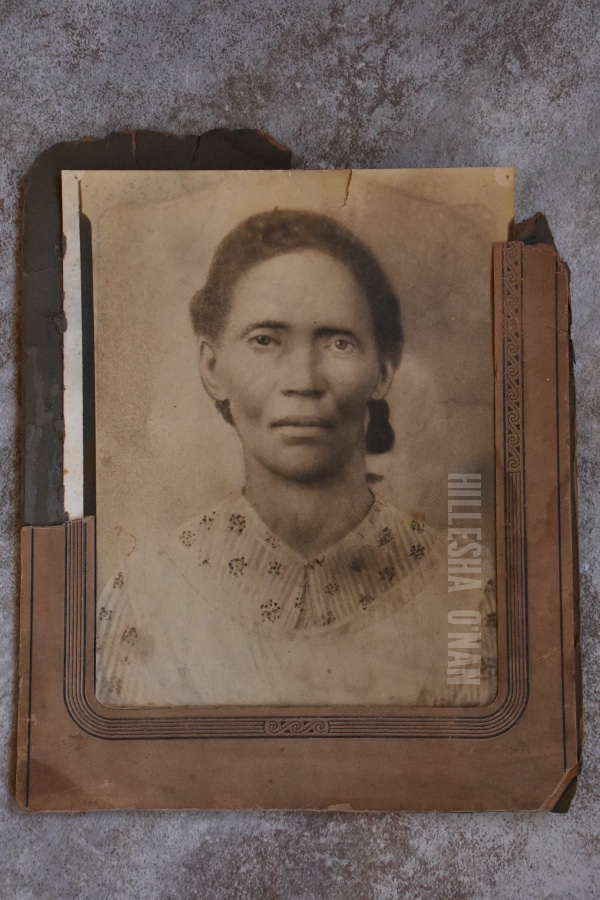
In a world that constantly pushes us to idolize, to seek validation from those who may never understand our pain, I wonder if we are forgetting the lessons written in the scars of our ancestors. They fought against the chains of discrimination, and yet, here we are, perpetuating the cycle by placing our hopes in the hands of those who would rather see us marginalized. Let us not confuse acceptance with love, for the two are worlds apart. True reverence should be reserved for those who uplift, who understand the weight of our history and stand with us in solidarity, not for those who merely turn their backs when the spotlight dims.
The journey toward self-acceptance and empowerment begins with recognizing our worth, independent of external validation. We must learn to cherish the legacy of our forebears, for they fought not for us to idolize false idols, but for us to reclaim our dignity and forge a path that honors their sacrifices. Let us rise together, not in worship of a golden calf, but in celebration of our resilience and unity.
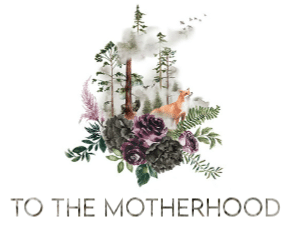
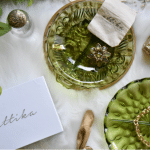

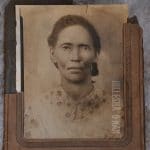
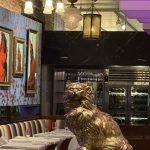
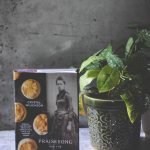
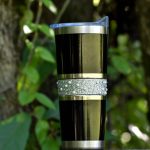

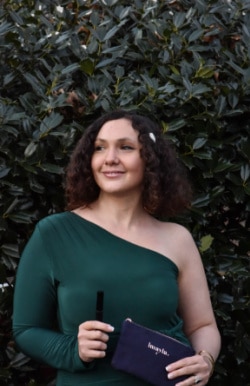










Add Comment